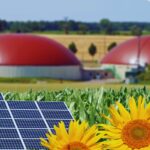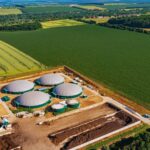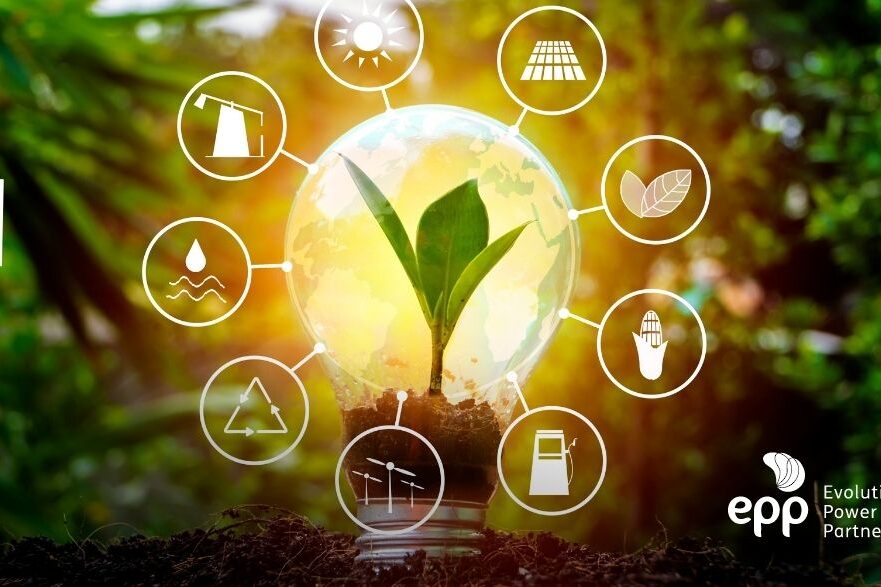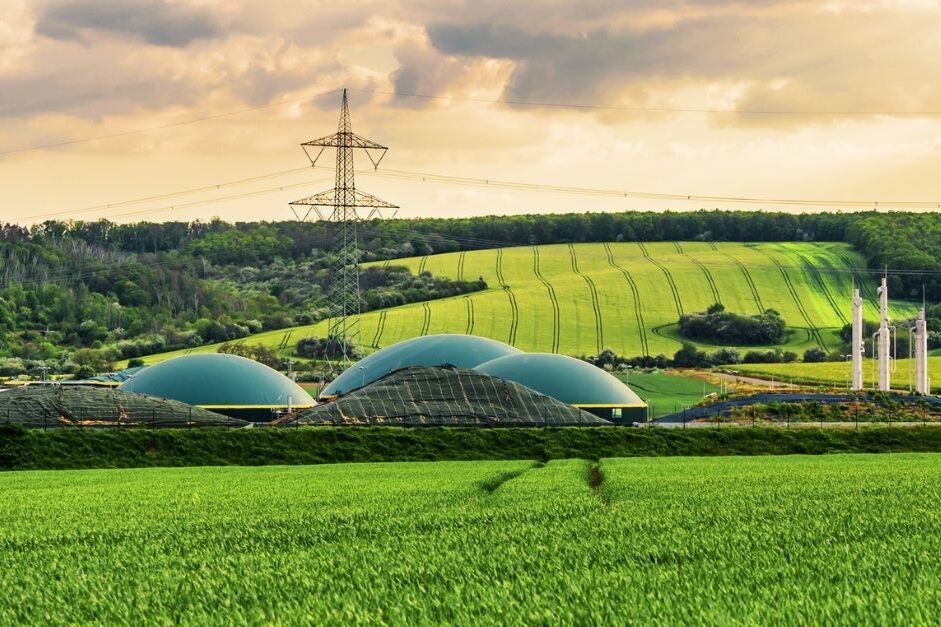Investing in innovation and sustainability to shape a new economic and environmental paradigm
The energy transition in Brazil represents a crucial initiative in the context of global climate change and sustainable development. This article explores the relevance and impacts of this transformation, illustrating Brazil’s role as a potential leader in renewable energy.
Context and Need for Energy Transition
The Ecological Transformation Plan, presented by the Minister of Finance, Fernando Haddad, in 2023, marks a significant step in redefining Brazilian economic development. This plan, included in the Growth Acceleration Program (New PAC), aims to invest R$1.7 trillion in the states of Brazil, aiming not only at economic growth, but also at generating employment, reducing inequalities and environmental sustainability.
The Structure of the Ecological Transformation Plan
The Ecological Transformation Plan goes beyond the simple replacement of fossil fuels with renewable sources. It contemplates a holistic change in the way of thinking, governing, undertaking, and acting in relation to the environment. Key measures include the creation of a regulated carbon market, issuance of sustainable sovereign bonds, and the reformulation of the climate fund to finance innovative and sustainable activities.
The Concept of Energy Transition
The energy transition is fundamental in the context of concerns about climate change. It implies a change from the energy matrix dominated by fossil fuels to cleaner and renewable energy sources. This involves not only changing the energy matrix, but also decarbonizing the economy as a whole.
Challenges of the Transition in Brazil
The energy transition in Brazil faces unique challenges. The president of Petrobras indicated that investments are still low compared to the global potential. The change requires a significant shift in the mindset and financial structure of energy companies. Furthermore, Suzana Kahn, director of Coppe-UFRJ, points to Norway as an ideal model for energy transition, suggesting that Brazil can adopt similar strategies to use CO2 economically and advance in clean and modern infrastructure.
Benefits of the Energy Transition
President Luiz Inácio Lula da Silva emphasized that the energy transition is a unique opportunity for Brazil to become a large, rich and sovereign nation. Projects such as the Fuel of the Future Program aim to decarbonize the transport energy matrix and implement a sustainable low-carbon economy.
Brazil has the potential to assume a critical role in the production of biofuels, comparable to the importance of the Middle East for oil. The Fuel of the Future Program, a key piece in Brazilian environmental policy, aims to achieve international targets for reducing greenhouse gas emissions.
Statistical Data and Investments in Renewable Energy
In 2023, Brazil broke records in the expansion of solar energy, with the installed capacity of the electrical matrix reaching 83.79% from renewable sources. This significant growth includes an increase of 3 Gigawatts for solar energy and 3.2 Gigawatts for wind energy.
Furthermore, Brazil has recognized hydraulic potential and significant biomass capacity. The new PAC will allocate R$73.1 billion in investments in energy generation projects, with a large part focused on renewable sources.
Conclusion
The energy transition in Brazil is a complex but essential journey towards sustainable development. With substantial investments, a change in mindset and economic structure, and a focus on innovation and sustainability, Brazil has the opportunity to lead globally in the transition to a green economy. This transformation is not only an environmental necessity, but also an opportunity for economic growth, generating quality jobs and combating inequalities. The energy transition in Brazil exemplifies how collective actions and innovative policies can pave the way to a sustainable and prosperous future.






